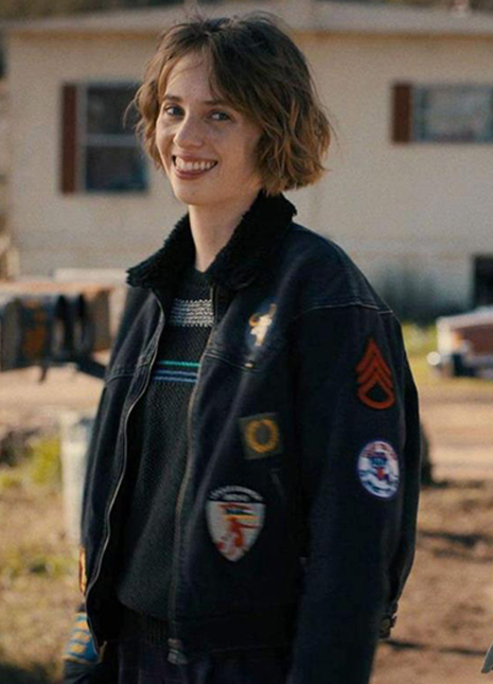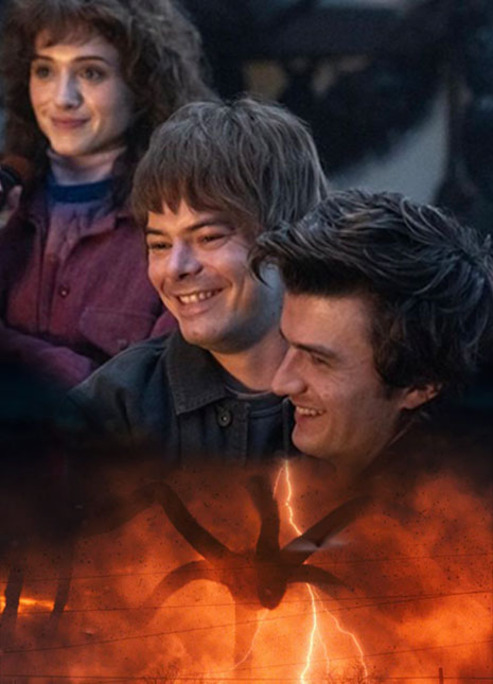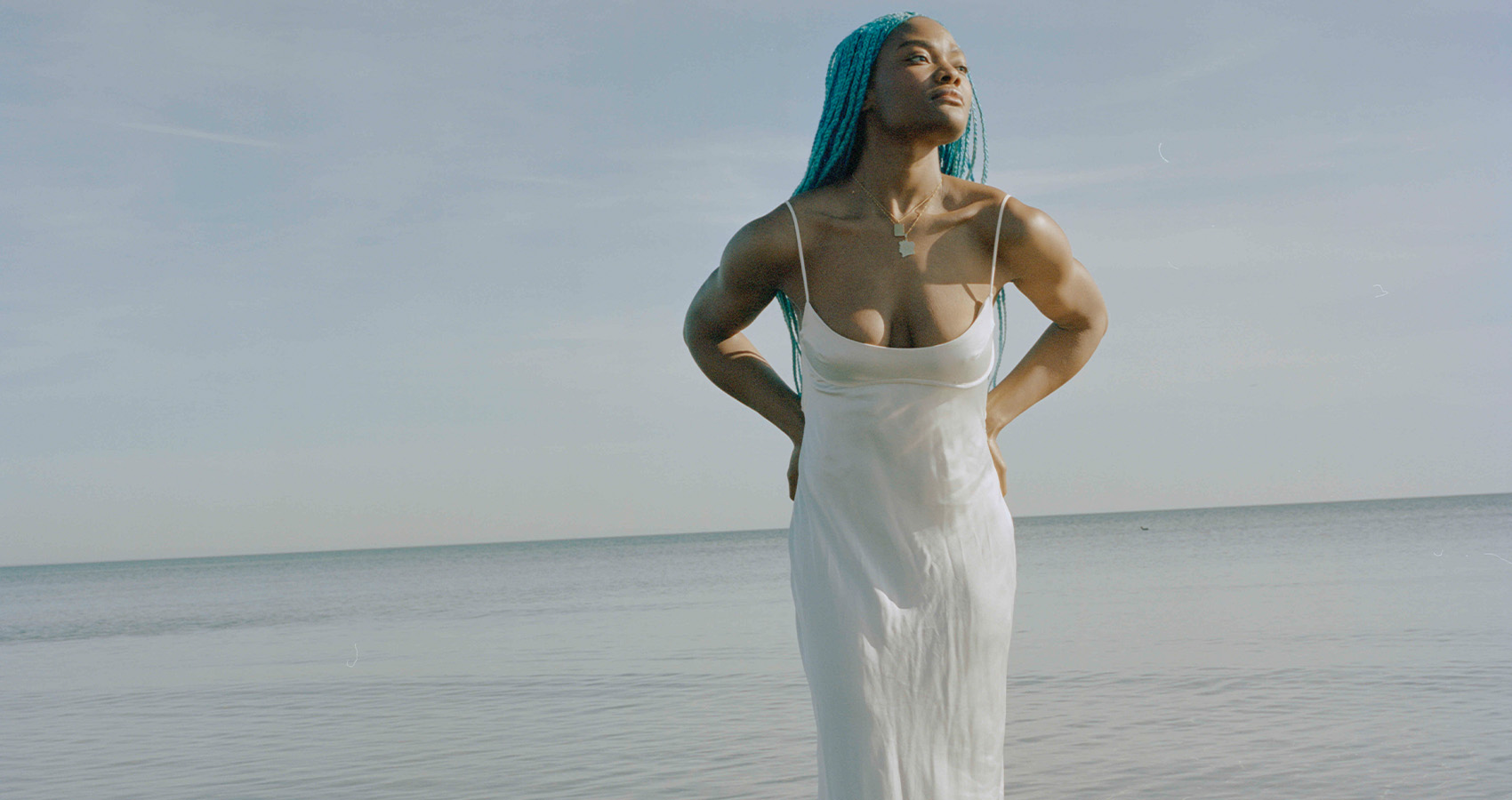
Diêm Camille: The Fearless Force Breaking Boundaries in Global Cinema
On sci-fi warriors, vulnerability, and building a creative legacy rooted in culture.
Diêm Camille is a rising force in global cinema — an Ivorian-Danish actress, writer, and director whose work is as thoughtful as it is bold. Born in Côte d'Ivoire and raised in Aarhus, she brings a rare blend of cultural depth and artistic versatility to every role she inhabits. Whether she’s portraying a fierce channeler in The Wheel of Time, co-writing and starring in the award-nominated Bad Bitch, or stepping into the groundbreaking sci-fi world of Alien: Earth, Diêm infuses each character with empathy, strength, and introspective fire. Her fluency in English, Danish, and French only furthers her ability to cross borders, both literal and creative, making her one of the most compelling talents to watch in today’s entertainment landscape.
Diêm, which character that you have performed, do you believe resonates with you the most, and why?
Aww man, at the moment, it’s definitely Siberian from the Alien: Earth series (FX/Hulu/Disney+). She’s my latest role, and therefore my latest teacher. She’s actually my first soldier, which had to happen at some point. I’m usually cast as a soldier, warrior, assassin, investigator, etc. Not sure what it is, because I’m terrible with sharp objects. But luckily, for this one, I got all sorts of training to play Siberian.
By the way, that’s truly the coolest name I’ve had on TV — “Siberian.” Come through, Noah Hawley. He’s the showrunner. An absolute genius; I keep telling him that. It’s funny because I got the role right after watching a documentary about Siberia and its wild conditions, which felt just as wild. I’m really honored to play a role like Siberian in the Alien universe. It’s humbling, especially to be among such a ridiculously talented cast of kind, hilarious souls. A blessing to be on that cast wall.
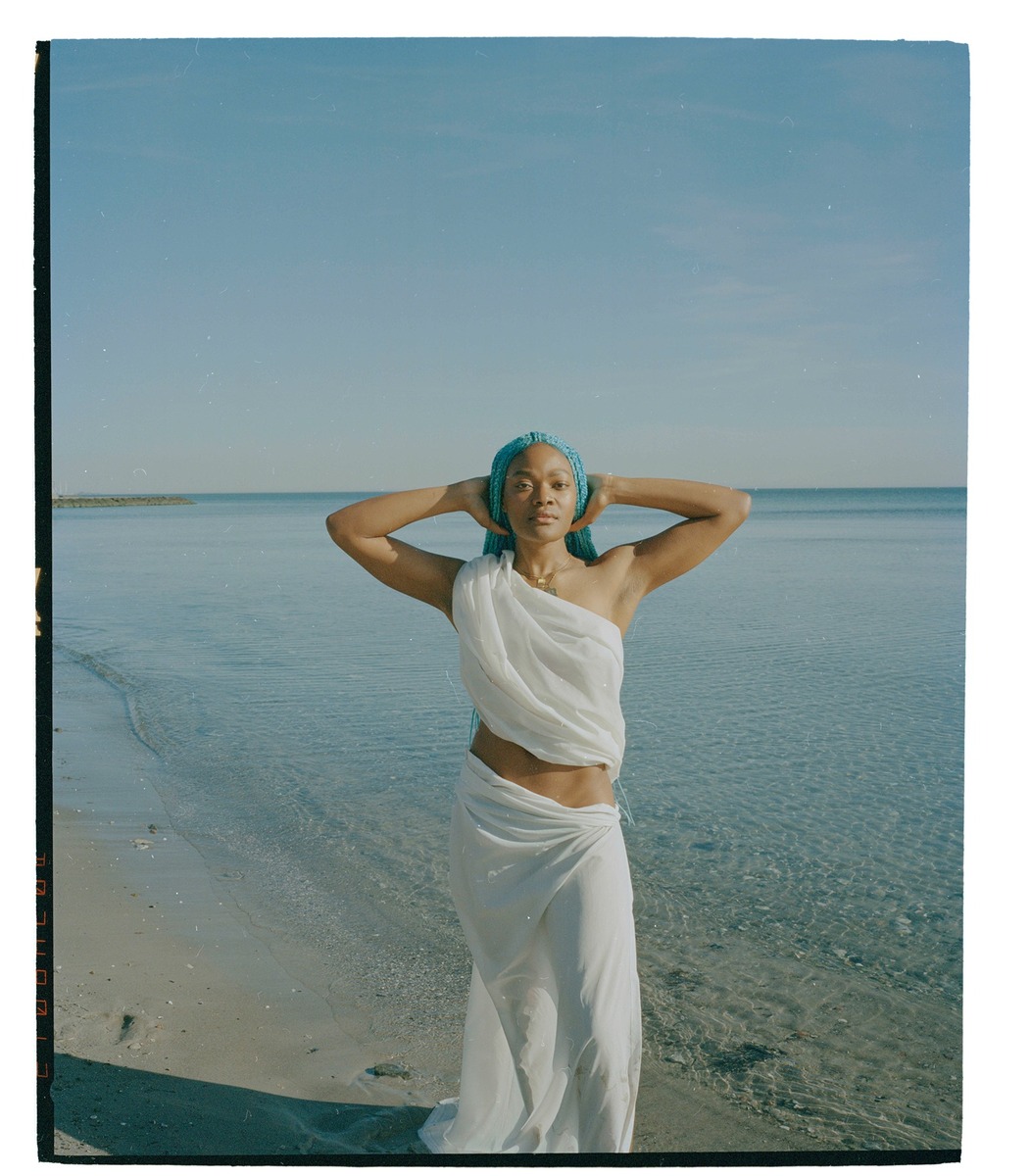
I always resonate with roles that have a masculine energy because they’re usually misunderstood. I can’t tell you how many times people have found me intimidating, even though I’m basically a walking smiley face and ridiculously optimistic. I rarely feel like I fit in with a group of women; I’m always more comfortable around good guys or one-on-one with a woman.
But I’m practicing trusting my feminine energy and doing that regardless of my surroundings. I’ve learned that trusting it is the hard part because people will challenge it. So I’m really trying to find pride and security in my femininity, just as much as the safety I find in my masculinity.
You have proven to be a multi-talent in the film industry as not only an actor but a writer after you co-wrote and starred in Bad Bitch, which you were Robert nominated for twice. How do you feel this deepened your understanding of your character Nikki? Did you find it easier to connect with the role?
Creating the ‘Bad Bitch’ universe on paper almost felt like journaling. A lot of the inspiration for the show and the characters came from my own life, as well as my friends’ experiences in our early 20s. So, I just kinda surrendered to that version of myself — that girl who didn’t know how to merge her Ivorian culture and her Danish side, and who felt like she would lose her freedom and sexual liberation if she surrendered to love.
Because it felt like journaling, I gained a deeper understanding of my character Nikki, connecting with that journey between my past and present. Especially since I’ve tried to start journaling for years, and I’m not sure what’s held me back after day one. Maybe I’m just scared of reading my journals in the future and revisiting some really dark stuff. But maybe that’s okay.
Because just like every sentence has a period, every period has a period. We don’t just look back to pay our past self a visit, but also to see how far we’ve come. So, when I had to write Nikki’s last two scenes — letting go of her past self, past expectations, and her rebirth in owning her vulnerability — I felt that in real time. It was overwhelming and necessary.
What was it like growing up in Denmark and emerging into the film and TV industry? What advice would you give people who aspire to perform in international projects?
Uff, that’s a big one… hmm. Growing up in Denmark was filled with confusion and curiosity. I was raised pretty strictly and taught to find the answers myself to make it in life, which was challenging to navigate.
Luckily, I’ve always been a curious Georgina and overly ambitious. So when it came down to my dreams, I already knew I was going to figure everything out. I never expected anyone to help or mentor me or kiss my wounds. I committed to the grind, committed to proving myself — for me — and worked my cute butt off, no days off, to achieve my goals.
Which turned me into a highly independent, self-sufficient, and successful woman within five years — which is awesome… and sooo exhausting.
Gurl! I don’t want to grind all the time. Who really does? I don’t want to feel lazy whenever I need a nap. Everyone should nap for at least fifteen minutes daily. Remember kindergarten, those days?
Resting is powerful on so many levels. Because you can’t do it all. There’s a reason for the long end credits — it truly takes a village. And just because you think you don’t need help, whether it’s pride or how you were raised, the worst thing that can happen from asking for help is a “no.”
And trust me, that won’t kill you. What can kill you is not using your voice in life — which is my advice for anyone who aspires to perform. I know circumstances vary a lot, but please, please, please use your voice. The first thing we do when we're born is scream. It means we’re alive. Our voice made the weight in the room descend, and it sparked joy and relief.
Continue to scream, continue to use your voice, continue to create — because you’re alive! And because you will, without a doubt, make someone out there feel alive and a bit more relieved too.
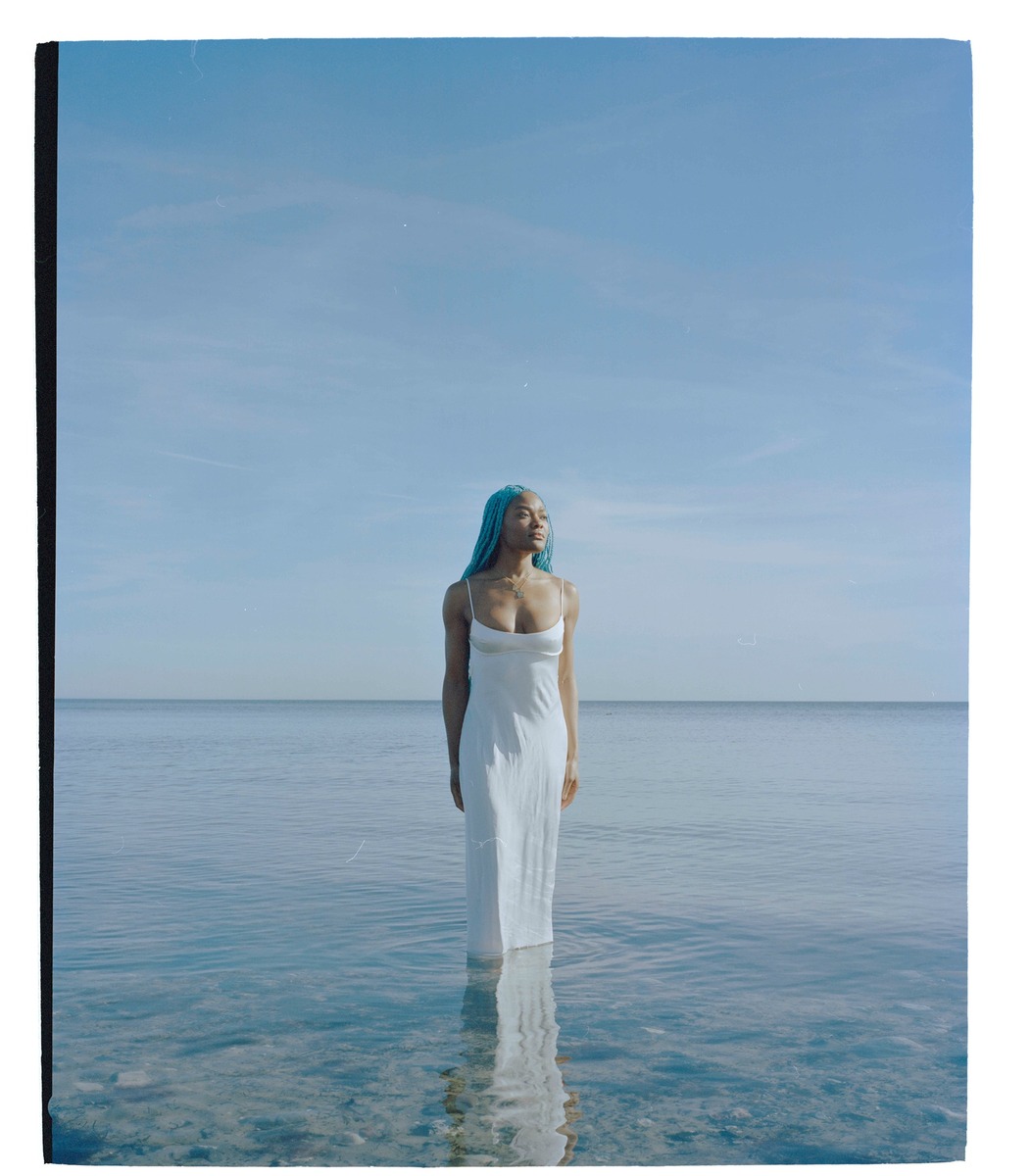 What did you learn from your time on Alex Rider? Is there anything that surprised you?
What did you learn from your time on Alex Rider? Is there anything that surprised you?
Well, I busted my knee. So, I learned that you should always test your location and circumstances before doing any level of stunt work—so you don’t end up sleeping with an ice pack and doing a stunt while in ridiculous pain. But it never ceases to amaze me how adrenaline and acting are such a survival kit. You forget everything private when you’re really in character.
And then Brian O’Malley yells “cut,” and the suffering resumes. But that was such a fun production—filming in Bristol and Malta—especially when you get to work with people like Jason Wong and Julian Kostov, who are absolutely hilarious and badass.
What can you tell me about Washington Black which is coming up later in the year?
I cannot wait for this show to come out. It drops on July 23rd on Hulu, and I believe people will be amazed by the performances and the visuals. It’s a 19th-century odyssey based on the Esi Edugyan novel Washington Black. It’s a coming-of-age story about a boy who grows up on a sugar plantation in Barbados and goes on to become an inventor. He falls in love and travels the world, encountering fascinating people, adventures, and cultures.
It’s a story about self-discovery, empathy, love, loyalty, and hope. I’ve always wanted to be part of an odyssey—whether it’s Homer’s or Esi’s—and I’m beyond proud to be part of one rooted in my own heritage. I got to portray an African warrior: a protector, a fearless, warm, and kind soul.
I actually used my mom as the blueprint for this character because she is truly as strong as she is sensitive. She’s incredibly inspiring, and I’ve realized I use her a lot in my work—which feels great, and is honestly the least I can do, given that she’s also my biggest unpaid cheerleader.
What did you take from your role of Tsutama Rath in Wheel of Time emerging into the Sci-Fi genre? What was the filming process like? Is there anything you can tell us about your upcoming role in Alien: Earth as it is a much-anticipated performance?
Don’t make me cry now. Now that The Wheel of Time has unfortunately been cancelled in its third and most successful season—make it make sense! I’ve felt even more grateful for my role as Tsutama Rath. She’s taught me that your moral compass should encompass all genders. There’s no point in fighting only for one gender when the real enemy is fewer human rights for all.
Filming the show left me speechless at some point every day—because of Robert Jordan’s vast universe and how showrunner Rafe Judkins chose to tell the story of these complex characters. The costumes and makeup, the production design, the locations, the visuals! I was in awe of everyone involved, and I still am, watching the finished series.
And I must say, you don’t expect to be welcomed the way I was when stepping into a third season. But the outpouring of love, appreciation, and support I’ve received from the actors and the fanbase has been absolutely beautiful. The way they care about this show—the way they’re signing petitions, buying billboards, and writing to Prime to bring it back—proves the impact of this story.
We peaked this season, so it’s painful to say goodbye to the squad and to Tsutama. I had really looked forward to her returning in an iconic way, as the Wheel turned again.
I can’t tell you too much about my upcoming role as Siberian in Alien: Earth, but the series premieres August 12 on FX/Hulu, and shortly after on Disney+. A picture says more than a thousand words, and I think my character photo speaks volumes—haha.
What I can say is that she’s a soldier, and her name makes perfect sense once you see that image. Honestly, being part of something as groundbreaking as Alien has been life-changing. I’ve learned a lot about myself—about the industry, and about how to tell stories about the world in an entertaining, meaningful way.
And that’s what I think sci-fi and animation do best. They help us think about the world in completely new, profound ways. They take a thought you once had, put it under a magnifying glass, place a tiny copy of our world inside it, and watch it grow into a “possible outcome.” Until, eventually, our world starts to resemble that thought.
They show us where we’re headed—through a show about what could be. Like Black Mirror, Westworld, and soon... Alien: Earth hehe.
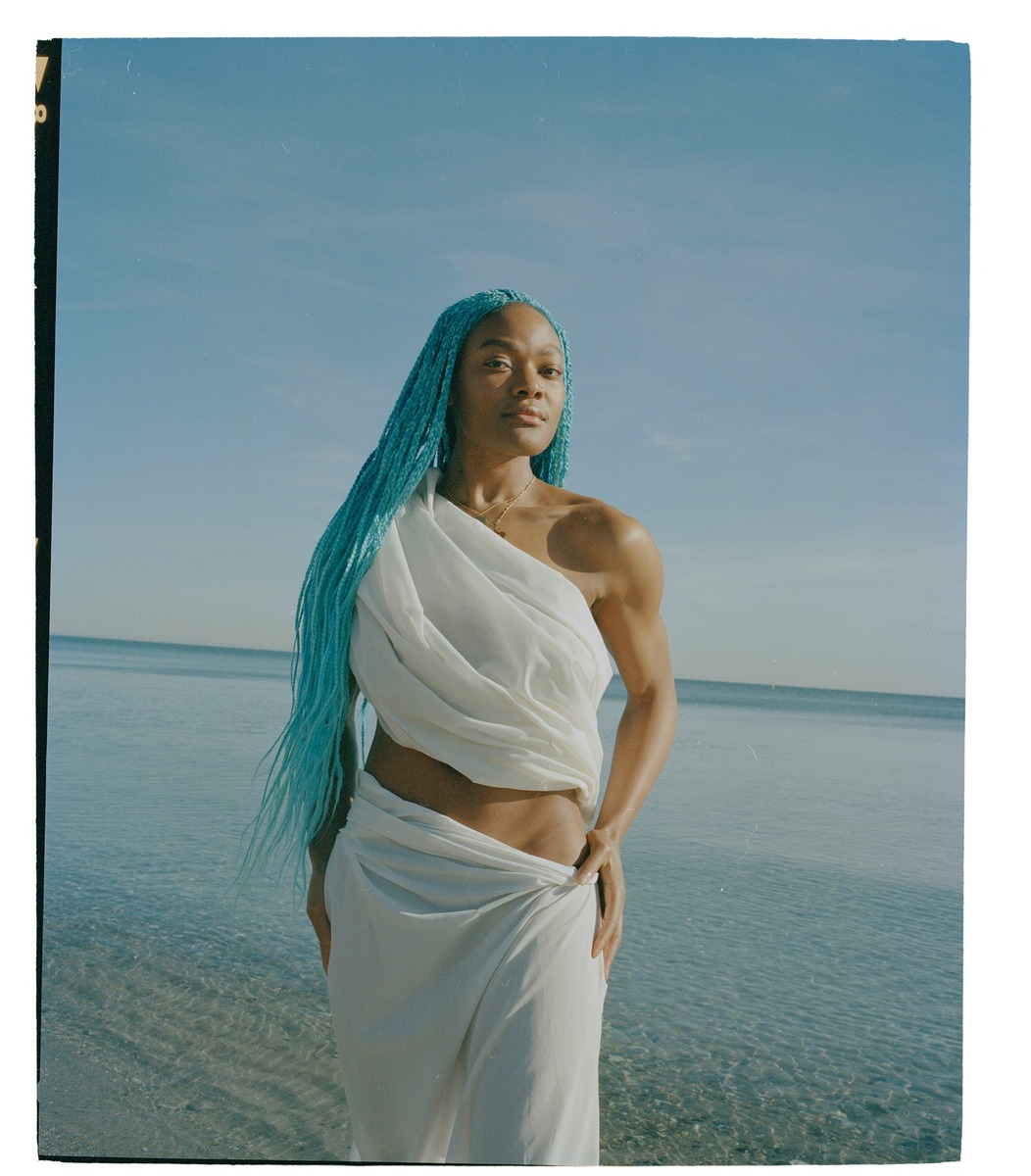
Which role have you been most drawn to performing in your career so far before you even knew you got the role?
Probably my role in Washington Black. I play a warrior who’s also a loyal friend, a loyal wife, and a protector. It will always be essential for me to show vulnerability in every role—because of who I am, where I’m from, and who the receiver is. It’s important to hold space—and call sheets—for the vulnerable, sensitive Black woman, like any other human. Yes, I think we’re badass. But we can’t be strong all the time, even though we’ve endured for generations. No one can. We’re not machines. We’re soft girls too—but the way we keep getting up? That’s the badass part.
I understand you speak fluent English, Danish and French. How do you feel about taking roles in multiple languages? Do you find it expands your character range or is it challenging?
It definitely expands both my character and myself. I really enjoy bringing my background into what I do—why not flaunt your roots? Just like trees: they flaunt their roots by growing far beyond the ground and reaching for the sky. Those crowns? That’s their roots showing off. Am I right? Haha.
My goal is to do a French film or series at some point—not just to improve my French, but to connect more with my family. Even though French is my mother tongue, I was only allowed to speak Danish while growing up in Denmark, so I forgot some of it. That’s why it can be challenging for me to think on my feet or joke around in any language other than Danish—but I’m practising. I’ll be ready when a talk show calls someday.
Being born in Côte d'Ivoire and moving to Copenhagen, you’ve been surrounded by many different cultures. Which of your projects feels the closest to home?
Washington Black, again—haha. It was a piece of my culture, a part of who I am, and it connected me to my ancestors. It was also the first time I was on an international set, and the first time I worked with that many Black people. It gave me life—and a sense of security and comfort—to know that if these brilliant actors, our soulful showrunner Selwyn Hinds, and my wonderful director Wanuri Kahiu can make it in this business, then I can too. It was a beautiful experience through and through, and I’m deeply grateful to everyone involved.
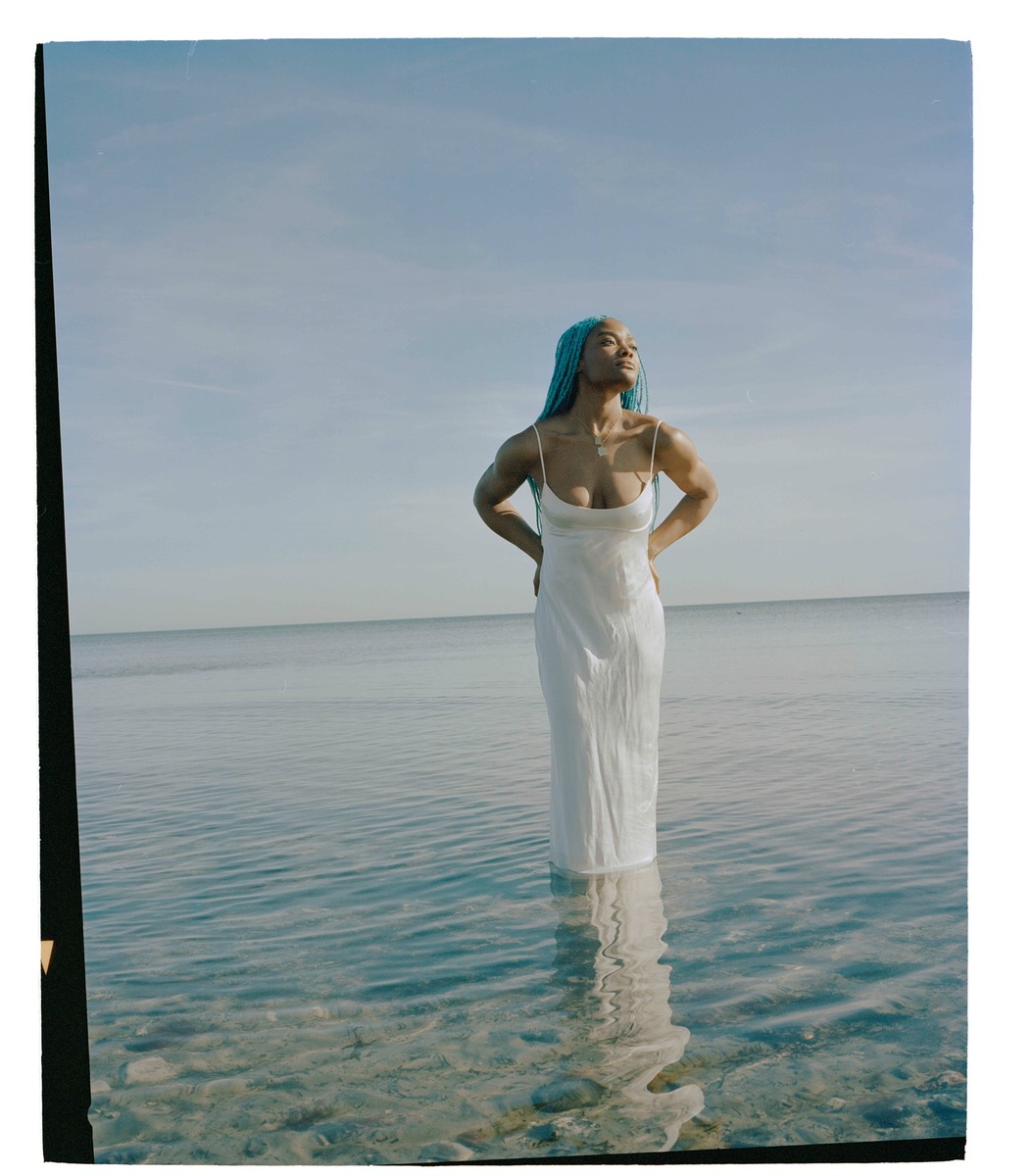
What can we expect to see from Diêm Camille in the future? Will you continue to write or is there potential that we may see a directing debut sometime soon?
In the future, I will definitely direct. Actually, I already am. I just directed a short film set in a barbershop, featuring Black and brown men on screen. It’s about a Black guy who grew up in a white family and is now desperately trying to connect with the Black community. It was written by Maada Mambu Kaikai.
I also just directed a play about being an African woman in Denmark and claiming the right to your anger, written and performed by my girl Ilham Herisi. And I’m doing several readings soon. It’s been a wild roller coaster — luckily, I LOVE roller coasters.
But I think it’s time to act some more. It’s been ten months of directing, consulting, and mentoring young new voices — the future of the industry. I want to surrender to a character again. I want to fall in love with a role. I want to expand my craft with more physicality, music, power, and a soft touch.
I’ll keep writing and directing on the side, though — I love it too much. Or maybe I’ll finally start journaling past that first page. Scary. But I choose to be fearless. And you can’t be fearless without a little fear.
With a voice that echoes across genres and continents, Diêm Camille is not only shaping her own story — she’s opening space for others to do the same. Whether on-screen or behind the scenes as a writer and director, she continues to challenge expectations, celebrate her roots, and champion vulnerability as a strength. As she prepares for the release of Alien: Earth and continues to develop new creative projects, one thing is clear: her journey is just beginning — and it’s already leaving a powerful legacy in its wake.



